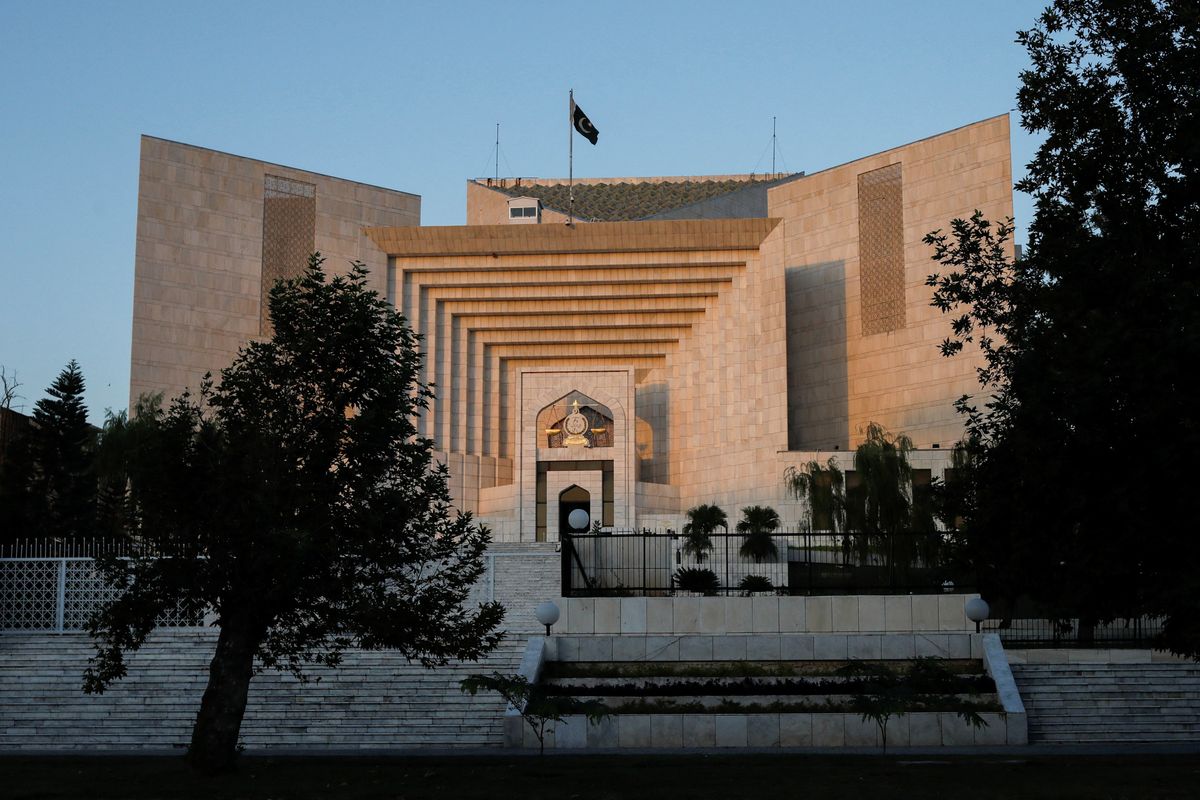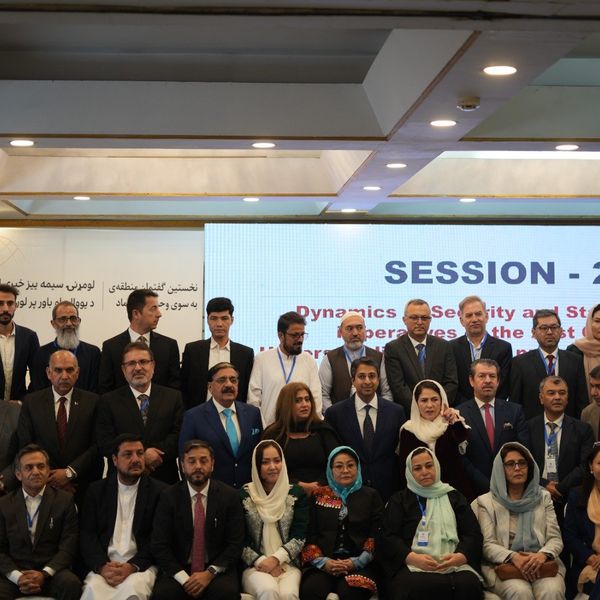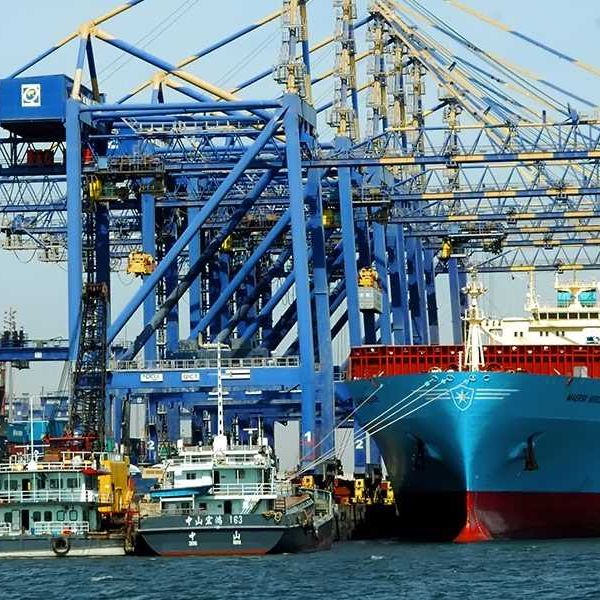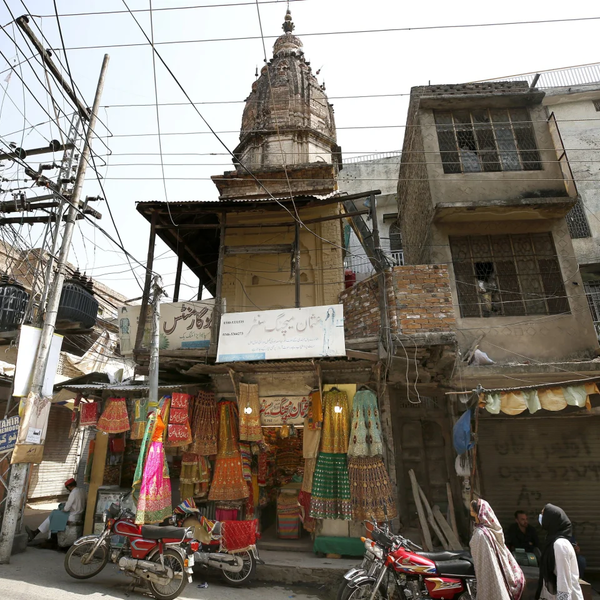Pakistan top court split on judges’ transfer to Islamabad High Court
3-2 verdict upholds transfers but leaves seniority unresolved
Ali Hamza
Correspondent
Ali; a journalist with 3 years of experience, working in Newspaper. Worked in Field, covered Big Legal Constitutional and Political Events in Pakistan since 2022. Graduate of DePaul University, Chicago.

Pakistan’s Supreme Court delivered a divided detailed verdict on Wednesday over the transfer of three provincial high court judges to the Islamabad High Court (IHC), a case that tested constitutional limits and reignited debate over judicial independence.
The dispute stemmed from a presidential order issued on Feb. 1, 2025, by President Asif Ali Zardari. It transferred Justice Sardar Muhammad Sarfraz Dogar from the Lahore High Court, Justice Khadim Hussain Soomro from the Sindh High Court, and Justice Muhammad Asif from the Balochistan High Court to the IHC.
Petitions were filed by PTI founder Imran Khan, several bar associations, and five sitting IHC judges. They argued the transfers bypassed the Judicial Commission of Pakistan (JCP), violated constitutional provisions, and were linked to a March 2024 letter in which six IHC judges accused intelligence agencies of interference.
After months of hearings, a five-member bench issued a short order on June 19, with the detailed judgment released on Sept. 25. The ruling showed a 3-2 split.
Justices Muhammad Ali Mazhar, Shahid Bilal Hassan, and Salahuddin Panhwar upheld the transfers. They ruled that Article 200 of the Constitution gives the president power to move a judge from one high court to another if two conditions are met: the judge’s written consent and consultation with the Chief Justice of Pakistan and the chief justices of the relevant high courts. The majority said both conditions were satisfied.
The bench rejected arguments that such transfers were fresh appointments requiring JCP approval under Article 175A. It held that the judges remained serving members of the judiciary, with no evidence of coercion or malice. The ruling noted that India’s constitution allows transfers even without consent, while Pakistan’s requirement for written approval offers stronger safeguards.
A key point of contention was the seniority of Justice Dogar. At the Lahore High Court he ranked 15th in seniority, but his transfer placed him above longer-serving IHC judges and led to his appointment as acting chief justice. Petitioners said this leapfrogged existing judges and damaged institutional norms.
The court found the presidential order unclear on whether the transfers were permanent or temporary and how seniority should be calculated. It left the decision to the president, but allowed Dogar to remain acting chief justice for now. Justice Panhwar suggested creating a unified national seniority list to avoid disputes in the future.
In dissent, Justices Naeem Akhtar Afghan and Shakeel Ahmad declared the transfers unconstitutional. They warned that broad use of Article 200 could allow executive manipulation. The dissent said the timing of the transfers – after the IHC judges’ letter – created an impression of retaliation. They also argued that consultees had not been informed of the seniority consequences, undermining meaningful consultation.
“Placing a junior transferee at the top of a high court’s seniority list erodes judicial independence and public trust,” the dissent said.
The verdict leaves the transfers intact but leaves the critical question of seniority unsettled, deepening tensions over the balance of power between the executive and judiciary.










Comments
See what people are discussing